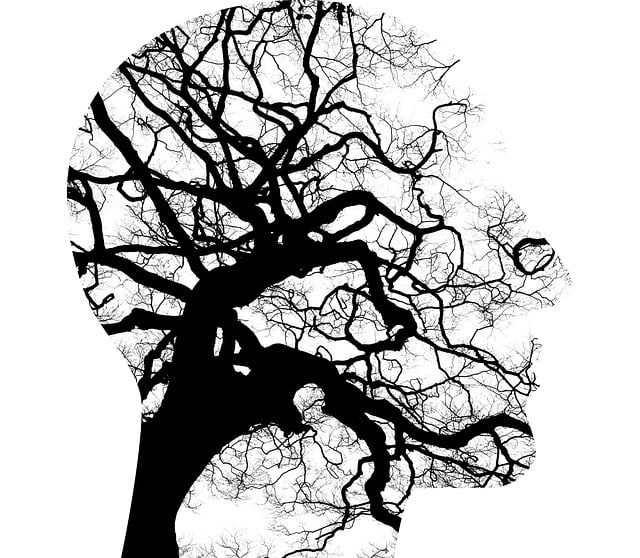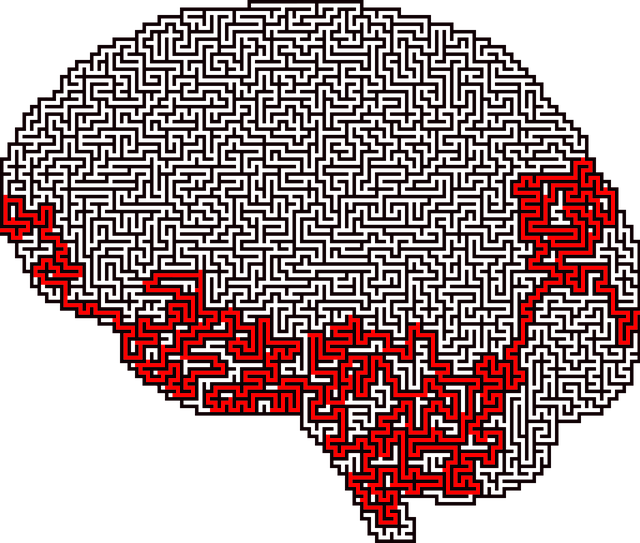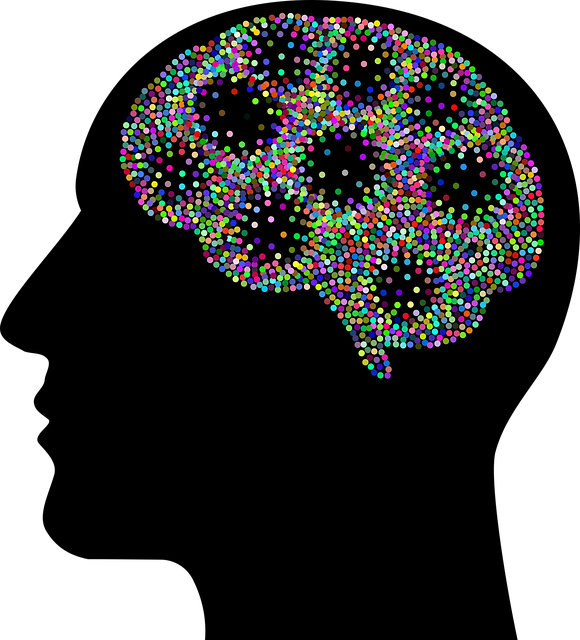Lafayette Play Therapy offers a unique, holistic approach to combat mental illness stigma through creative play and community education. Their programs, targeted at children, families, and adults, include interactive workshops and activities that simplify complex mental health topics, fostering understanding and empathy. By teaching self-expression, emotional awareness, and effective coping mechanisms, Lafayette Play Therapy empowers individuals with practical tools for managing anxiety and trauma while dispel myths through community outreach. This comprehensive strategy not only reduces stigma but also enhances access to mental health support services.
Mental illness stigma remains a significant barrier to effective treatment and support. This article explores strategies to reduce this pervasive issue, including an in-depth look at Lafayette Play Therapy—a creative approach that uses play to foster understanding and empathy. We discuss challenges faced in stigma reduction efforts and offer practical strategies for community engagement and education. By examining these components, we aim to equip individuals with the knowledge needed to create a more accepting society for those living with mental illness.
- Understanding Mental Illness Stigma: Barriers and Challenges
- Lafayette Play Therapy: A Creative Approach to Stigma Reduction
- Strategies for Effective Community Engagement and Education
Understanding Mental Illness Stigma: Barriers and Challenges

Mental illness stigma is a significant barrier to seeking help and can have severe consequences on an individual’s well-being. It often stems from misconceptions, fear, and a lack of understanding about mental health conditions. In Lafayette, Play Therapy offers a unique and creative approach to address these challenges, especially for children and families struggling with anxiety or trauma. By providing a safe and nurturing environment, therapists help clients express their emotions through play, fostering self-awareness and building coping strategies.
The stigma surrounding mental illness can create a culture of secrecy, making it difficult for individuals to open up and share their experiences. This isolation exacerbates the challenges faced by those seeking support. In order to combat this, Lafayette Play Therapy focuses on educating communities about the importance of mental health and normalizing conversations around it. Through various initiatives, they promote self-care routine development, encouraging individuals to prioritize their mental well-being and seek professional help when needed, thereby reducing the barriers that prevent people from accessing effective trauma support services and anxiety relief.
Lafayette Play Therapy: A Creative Approach to Stigma Reduction

Lafayette Play Therapy offers a unique and creative approach to mental illness stigma reduction. Through interactive and engaging activities, this therapy method facilitates conversations about emotional well-being in a lighthearted manner, fostering understanding and empathy among participants. By utilizing play as a means of expression, individuals can explore their feelings, break down barriers, and challenge societal perceptions associated with mental health struggles.
The organization focuses on developing Empathy Building Strategies that encourage active participation and personal reflection. Mental Health Awareness workshops conducted by trained professionals provide valuable insights into various conditions, dispelling myths and promoting supportive environments. Additionally, Stress Management Workshops empower individuals with practical tools to cope, ensuring they feel heard, valued, and supported in their journeys towards mental wellness.
Strategies for Effective Community Engagement and Education

Stigma reduction efforts require active community engagement and education to foster understanding and empathy. Lafayette Play Therapy, as a specialized approach, can be instrumental in reaching diverse audiences through interactive workshops and engaging activities that demystify mental illness. By incorporating Emotional Well-being Promotion Techniques, these sessions can equip individuals with practical tools for recognizing and supporting those struggling with mental health challenges.
Effective community engagement also involves collaboration with local Mental Health Policy Analysis and Advocacy groups to ensure that educational initiatives align with broader systemic changes. This collaborative approach helps in addressing underlying biases and promoting inclusive practices, ultimately reducing the stigma surrounding mental illness within the community.
Mental illness stigma reduction is a multifaceted process that requires understanding, creativity, and community engagement. By addressing barriers and challenges through innovative approaches like Lafayette Play Therapy, we can foster an environment of acceptance and support. Effective community education plays a pivotal role in breaking down stereotypes and promoting empathy. As discussed, strategies such as creative arts therapy and open dialogue can significantly contribute to reducing the stigma surrounding mental health issues, ultimately encouraging individuals to seek help without fear of judgment.














